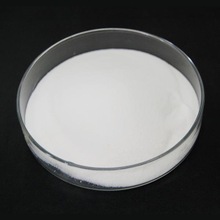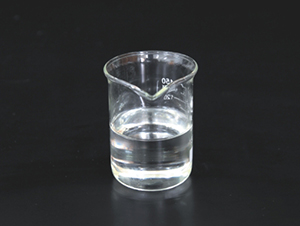Beautiful Plants For Your Interior
antioxidant Ascorbic Acid Powder
antioxidant Ascorbic Acid Powder
Ascorbic acid, a water-soluble dietary supplement, is white to light yellow crystals or powder with an acidic taste. It is soluble in water, slightly soluble in alcohol, and insoluble in ether, chloroform, benzene, petroleum, oils and fats. As food additives, ascorbic acid is mainly used as antioxidant.
描述
Product Description: Ascorbic Acid Product Alias: Ascorbic acid is also known as vitamin C or L-ascorbic acid. Appearance: Ascorbic acid is a white or slightly yellow crystalline powder. Character: Ascorbic acid is odorless and has a sour taste. It is highly soluble in water and insoluble in organic solvents. Category: Ascorbic acid falls under the category of food additives and is classified as a vitamin. Chemical Formula: The chemical formula of ascorbic acid is C6H8O6. Molecular Formula: The molecular formula of ascorbic acid is C6H8O6. Ascorbic Acid as a Food Additive: Ascorbic acid is widely used as a food additive in the food industry due to its numerous beneficial properties. It is primarily used as an antioxidant, nutrient, and preservative in a wide range of food products. Here are some key applications of ascorbic acid in the food industry: Antioxidant: Ascorbic acid is a potent antioxidant that helps prevent the oxidation of food products. It inhibits the formation of harmful free radicals, which can cause spoilage and deterioration of food. By preventing oxidation, ascorbic acid helps to extend the shelf life of various food items, including fruits, vegetables, meat, and beverages. Nutrient: Ascorbic acid is an essential nutrient for humans, as it plays a vital role in various physiological functions. It is involved in collagen synthesis, iron absorption, and immune system support. Adding ascorbic acid to food products helps to fortify them with this important vitamin, ensuring that consumers receive an adequate intake of vitamin C. Color Stabilizer: Ascorbic acid is commonly used as a color stabilizer in processed foods. It helps to maintain the natural color of food products by preventing color degradation caused by oxidation. This is particularly important in products such as fruit juices, canned fruits, and vegetables, where visual appeal is crucial. Flavor Enhancer: Ascorbic acid can enhance the flavor of certain food products. It acts as an acidity regulator, balancing the taste profile and reducing the bitterness of certain ingredients. This property makes it a valuable additive in beverages, sauces, and dressings. pH Regulator: Ascorbic acid can act as a pH regulator in food products. It helps to maintain the desired acidity level, which is important for the stability and safety of certain food items. This property is particularly useful in canned goods and processed meats. Nutritional Preservation: Ascorbic acid helps to preserve the nutritional value of food products. It prevents the loss of vitamins and other nutrients during processing and storage, ensuring that consumers receive the maximum nutritional benefits from the food they consume. Synergistic Effect with Other Antioxidants: Ascorbic acid exhibits a synergistic effect when combined with other antioxidants, such as erythorbic acid. This combination enhances the overall antioxidant activity, providing better protection against oxidation in food products. In conclusion, ascorbic acid is a versatile food additive that serves multiple functions in the food industry. Its antioxidant properties, nutritional benefits, color stabilization, flavor enhancement, pH regulation, and synergistic effects make it a valuable ingredient in a wide range of food products. With its ability to extend shelf life, preserve nutrients, and enhance the overall quality of food items, ascorbic acid plays a crucial role in ensuring the safety, appeal, and nutritional value of various food products.



